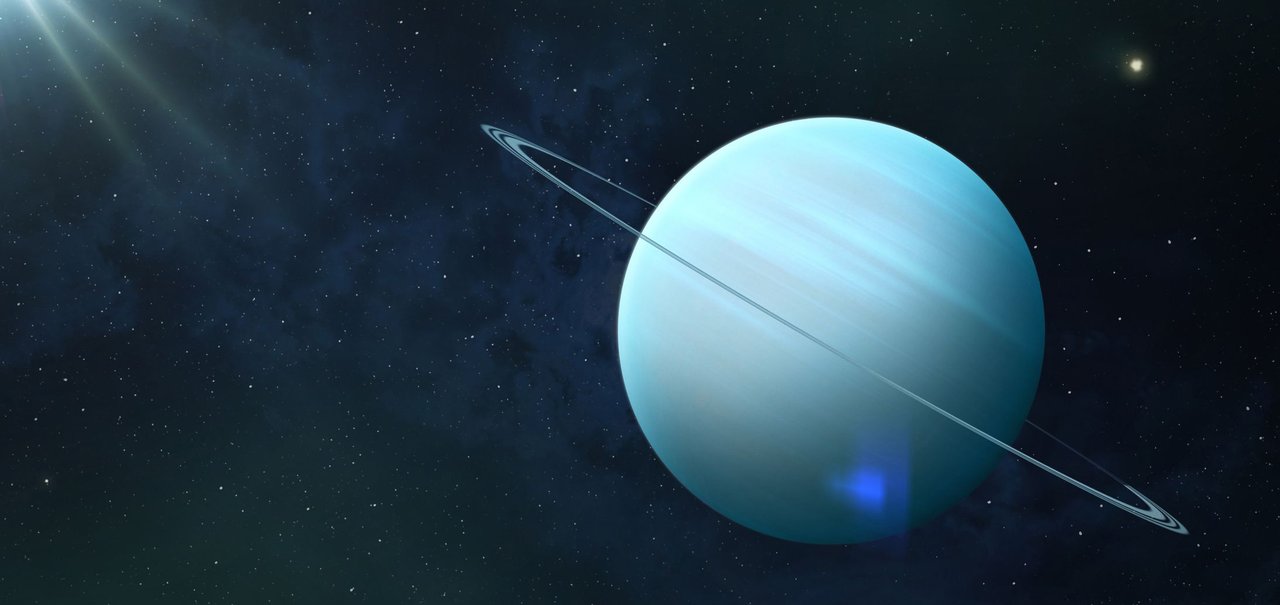Time in the world is measured differently from other planets – as German physicist Albert Einstein says, time is relative. Most planets do not even take 24 hours a day. Lately, A group of scientists found how long it took in Uranus one day.
According to a study published in Nature astronomy scientist, a group of scientists used data from Hubble Space Telescope to measure one day in the giant Uranus. They found this One day on the planet takes 17 hours, 14 minutes and 52 seconds.
In order to measure time with accuracy, scientists analyzed the internal rotation rate of Uranus based on the data collected for more than a decade of the aurora of the planet produced in the upper atmosphere. They used an innovative technique that offers a thousand times larger accuracy than the previous methods.
https://www.youtube.com/watch?v=6dcfxvydbqy
NASA (United States Space Agency) Voyager 2 probu fell to Uranus in 1986, a different technique showed that the planet completed a day in 17 hours, 14 minutes and 24 seconds. With the new method, scientists They found that this prediction was 28 seconds late.
“Our measurements not only provide an important reference to the planetary science community, but also solve the problem for a long time: previous coordinate systems based on old rotation times have become wrong and make it impossible to watch over time.” He said.
Uranus and one day time
Based on the data obtained from the Auroras movement at the magnetic poles of Uranus, which was gathered by Hubble Space Telescope between 2011-2022, scientists were able to improve these poles.
This allowed to calculate a correct estimation of Uranus rotation, With a margin of error only 0.04 seconds – So, there’s almost no place for mistake.
According to Lamy, The result of the study was possible thanks to the observations made by Hubble for ten years.. Researchers believe that the article will contribute to a better understanding of the mysteries of Uranus with the arrival of new data in the coming decades.
“We can compare this new longitude system with Aurora observations and even the next task plans to Uranus, which is now about 40 years. Without this data wealth, it would be impossible to detect the periodic signal with the level of accuracy.”
The search to understand time on other planets goes beyond knowing how many hours of days last; Astronomers also investigate how long each of them takes to complete a tour around the sun. Do you want to know more? Discover the years of years on other planets of the solar system. Until next time!
Source: Tec Mundo
I’m Blaine Morgan, an experienced journalist and writer with over 8 years of experience in the tech industry. My expertise lies in writing about technology news and trends, covering everything from cutting-edge gadgets to emerging software developments. I’ve written for several leading publications including Gadget Onus where I am an author.













